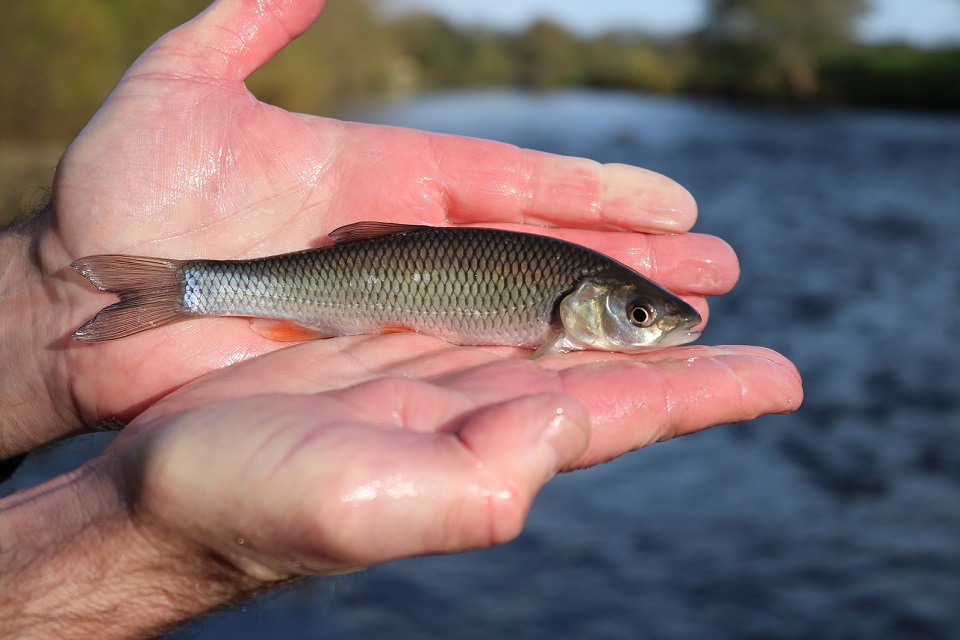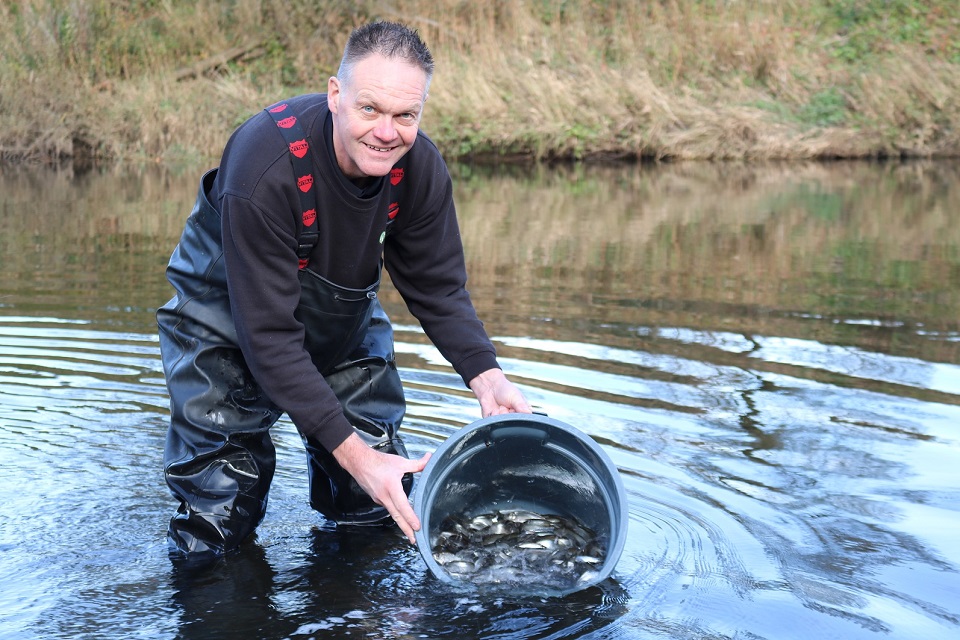Press release: New environmental protections to deliver a Green Brexit
Plans to consult on a new, independent body that would hold Government to account for upholding environmental standards in England after we leave the European Union have been set out by Environment Secretary Michael Gove today.
Leaving the EU gives us the opportunity to put the environment at the heart of policy making, while ensuring vital protections for our landscapes, wildlife and natural assets are not only maintained but enhanced.
To help deliver a Green Brexit, ministers will consult on a new independent, statutory body to advise and challenge government and potentially other public bodies on environmental legislation – stepping in when needed to hold these bodies to account and enforce standards.
A consultation on the specific powers and scope of the new body will be launched early next year.
Environment Secretary Michael Gove said today:
We will deliver a Green Brexit, where environmental standards are not only maintained but enhanced.
Today we are setting out our plans to ensure the powerful are held to account. We will consult on creating an independent body – encouraging transparency and preventing careless or irresponsible behaviour damaging our natural environment.
We will consult as widely as possible on these proposals to ensure we get this important decision right for future generations.
Currently environmental decisions made in the UK – from improving air and water quality to protecting endangered species – are overseen by the European Commission, which monitors targets, scrutinises new legislation and takes action against illegal behaviour.
This current system is underpinned by a number of ‘environmental principles’, such as sustainable development and the polluter pays principle, which puts the onus on polluting individuals or businesses to pay to repair damage.
Although these principles are already central to government environmental policy, they are not set out in one place besides the EU treaties. The proposed consultation on the statutory body will therefore also explore the scope and content of a new policy statement to ensure environmental principles underpin policy making.
One of the key questions, which we will explore with the devolved administrations (DAs), is whether Scotland, Wales and Northern Ireland wish to take a different or similar approach. We want to hear from as many people and organisations as possible right across the UK – from business, NGOs, the farming sector, civil society, and elsewhere.

